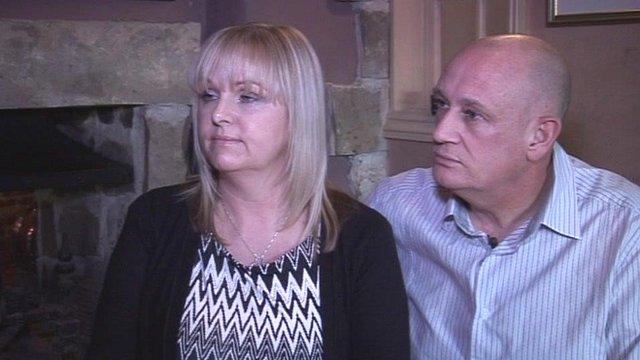Parents 'let down' by Bristol Children's Hospital cardiac ward
- Published
Sean Turner suffered a cardiac arrest in his father's arms at Bristol Royal Children's Hospital
Children receiving cardiac treatment at Bristol Children's Hospital were repeatedly given poor care and parents were let down, a review has found.
An independent report revealed nurses were regularly under pressure and there was poor communication with families.
It follows the deaths of at least seven children, who were treated on Ward 32.
However, the review said there was no evidence to suggest failings on the scale of a previous inquiry in 2001 into baby heart deaths in Bristol.
The report made a series of recommendations to the University Hospitals Bristol NHS Foundation Trust, NHS England and the Department of Health.
'Whitewashed'
It also recommended NHS England should commission a review of paediatric intensive care services across England.
The report found no evidence to suggest there were failures in care and treatment of the nature identified in the 2001 public inquiry, external, which found 35 babies died and dozens more were left brain-damaged between 1991 and 1995 at Bristol Royal Infirmary.
The outcomes of care at the children's hospital were "broadly comparable" with those of other centres caring for children with congenital heart disease, the report said.
The review was launched in 2014 after the parents of four-year-old Sean Turner, who died in March 2012, tweeted the NHS's medical director.
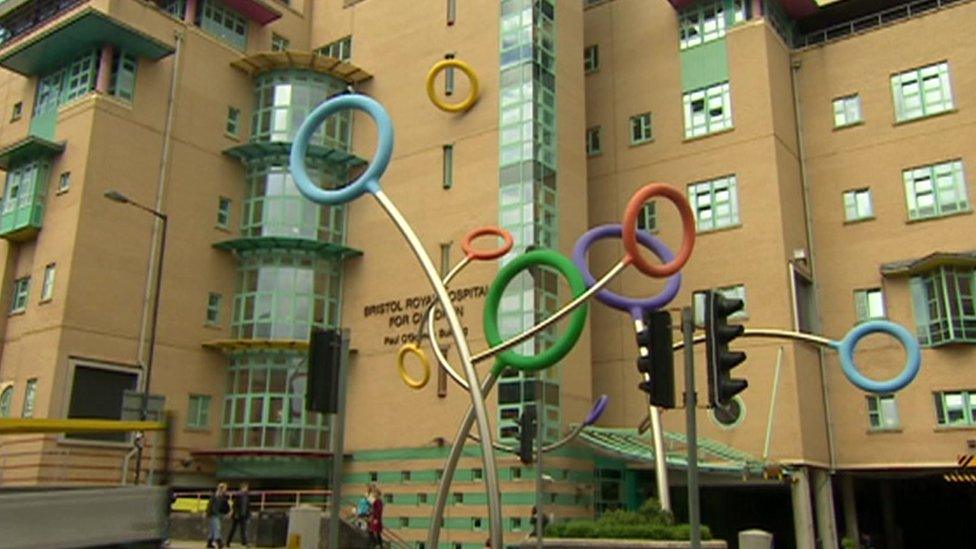
The inquiry was launched following the deaths of several children at the Bristol Royal Hospital for Children
Steve and Yolanda Turner, from Wiltshire, pleaded with Prof Sir Bruce Keogh to "sort this out" after a coroner ruled the hospital had not failed Sean.
He suffered a brain haemorrhage and cardiac arrest six weeks after undergoing corrective heart surgery.
Sean's parents blamed doctors and nursing staff for transferring their son to Ward 32 - a specialist children's heart unit - from intensive care too soon.
They claim medics also missed clear signs of his worsening condition.
Ms Turner said she had "expected a more aggressive investigation".
"I don't think it has gone far enough," she said.
"Certainly, within Sean's own report there are areas we feel that the review has not gone far enough; they have not been brave enough to really properly investigate.
"We still feel there are areas that are whitewashed over, ignored, it's disappointing."

Analysis - Hugh Pym, BBC health editor
Children's cardiac services in Bristol are back in the news - a public inquiry in 2001 found major shortcomings and while the latest report concluded there was nothing on a similar scale this time, it does say patients were at risk of harm because of poor care.
This affected patients from all over the south west of England and south Wales receiving specialist care in the city.
There are wider implications too. The report finds limited capacity in Bristol's paediatric intensive care unit put heavy strains on families, and there could be a similar problem at other hospitals. It calls for a national review, which NHS England has agreed to carry out.
The treatment of children with congenital heart disease is highly complex and specialised and the report's authors say they hope the review helps strengthen the delivery of these services across the country.

Eleanor Grey QC, chair of the report, said: "Some [families] received good care and had good outcomes. Others did not."
She said that "a very large expert panel" looked at the findings and "it was their judgements about care which was reflected in those individual reports, which we delivered personally and confidentially to families".
"We will meet with the families and discuss what is in their individual reports," she added.
She said 32 recommendations had been made that "require action not just on the part of the Bristol Royal Hospital for Children but also NHS England and the Department of Health".
Laurence Vick, a medical negligence solicitor who represents families of children who died or were injured, said it would be "a struggle" for parents to accept the report, which they felt was "less than critical".
"Unfortunately, particularly the bereaved parents remain convinced that the failings at Bristol caused or contributed to the deaths of their children," he said.
'Deeply sorry'
A separate Care Quality Commission review found the standard of care was comparable with other centres in the UK but recommended better communication with children and their parents before and after surgery.
Robert Woolley, chief executive of University Hospitals Bristol NHS Foundation Trust, said he "fully accepted" the findings of the two reports, and claimed some improvements had already been made.
"We are deeply sorry for the things we got wrong - for when our care fell below acceptable standards, for not supporting some families as well as we could have and for not always learning adequately from our mistakes," he said.
"We didn't get it right for these families, and I'd like to apologise to the families unreservedly."
About 10 families from across England and Wales are believed to be taking legal action against the University Hospitals Bristol NHS Foundation Trust, including seven whose children were treated on Ward 32.
- Published30 June 2016
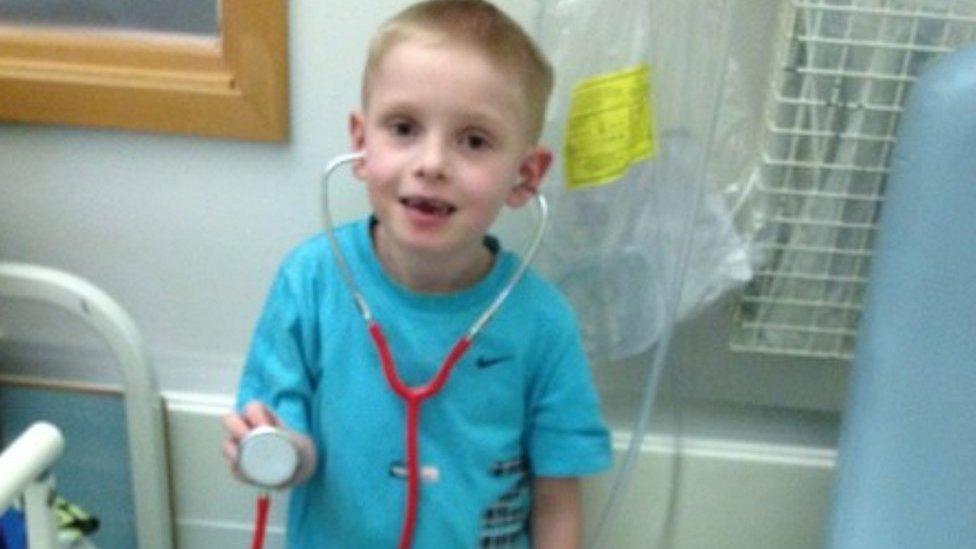
- Published30 June 2016
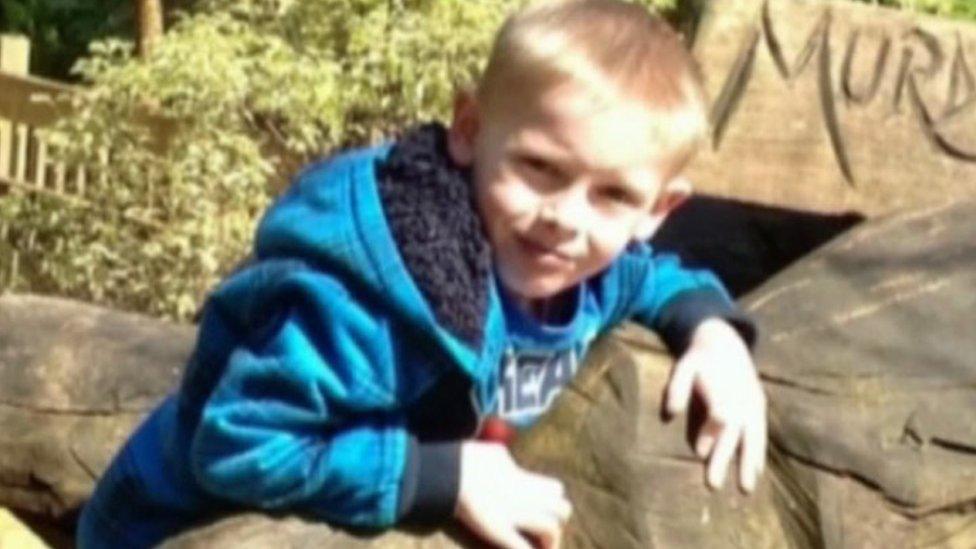
- Published30 June 2016
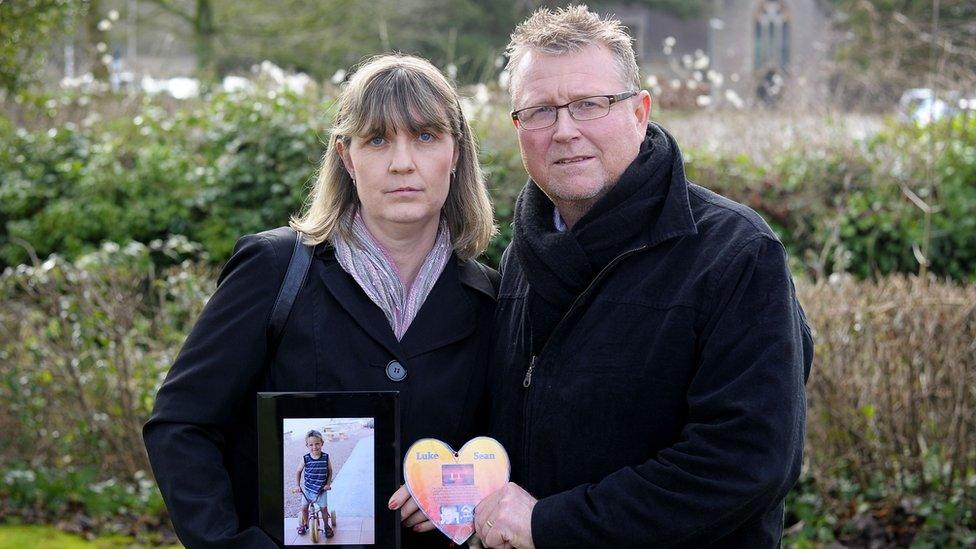
- Published17 February 2014
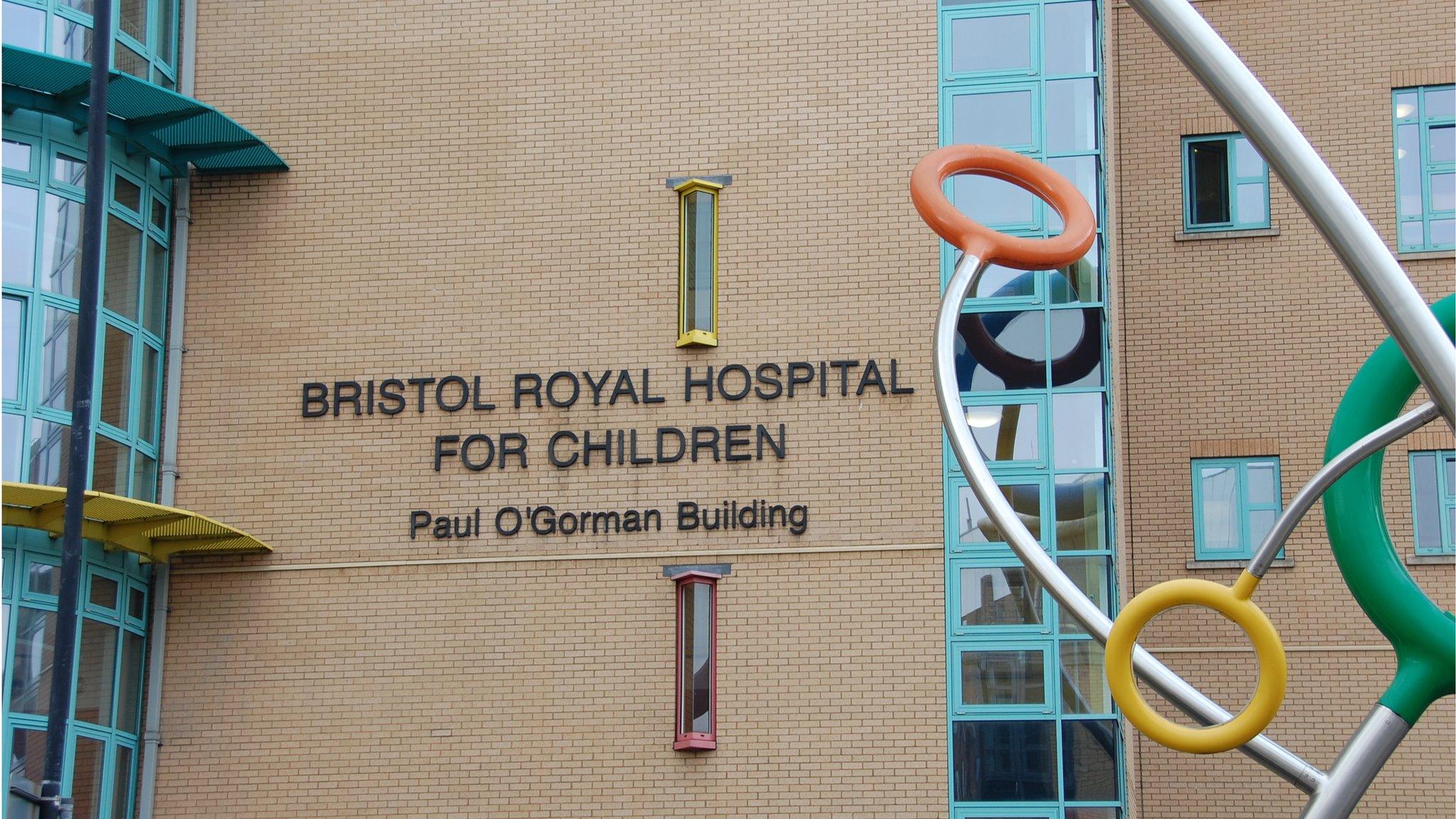
- Published15 February 2014
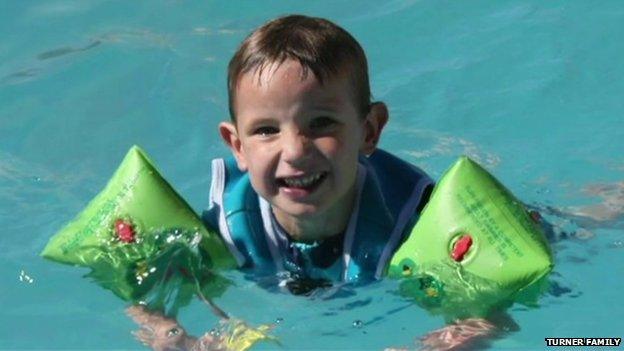
- Published3 February 2014
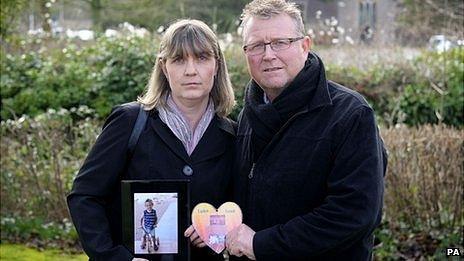
- Published23 January 2014
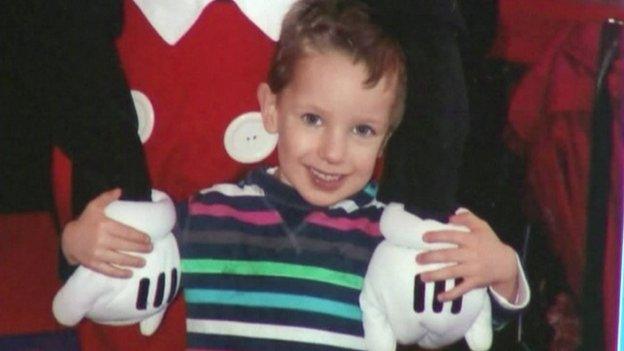
- Published11 November 2013
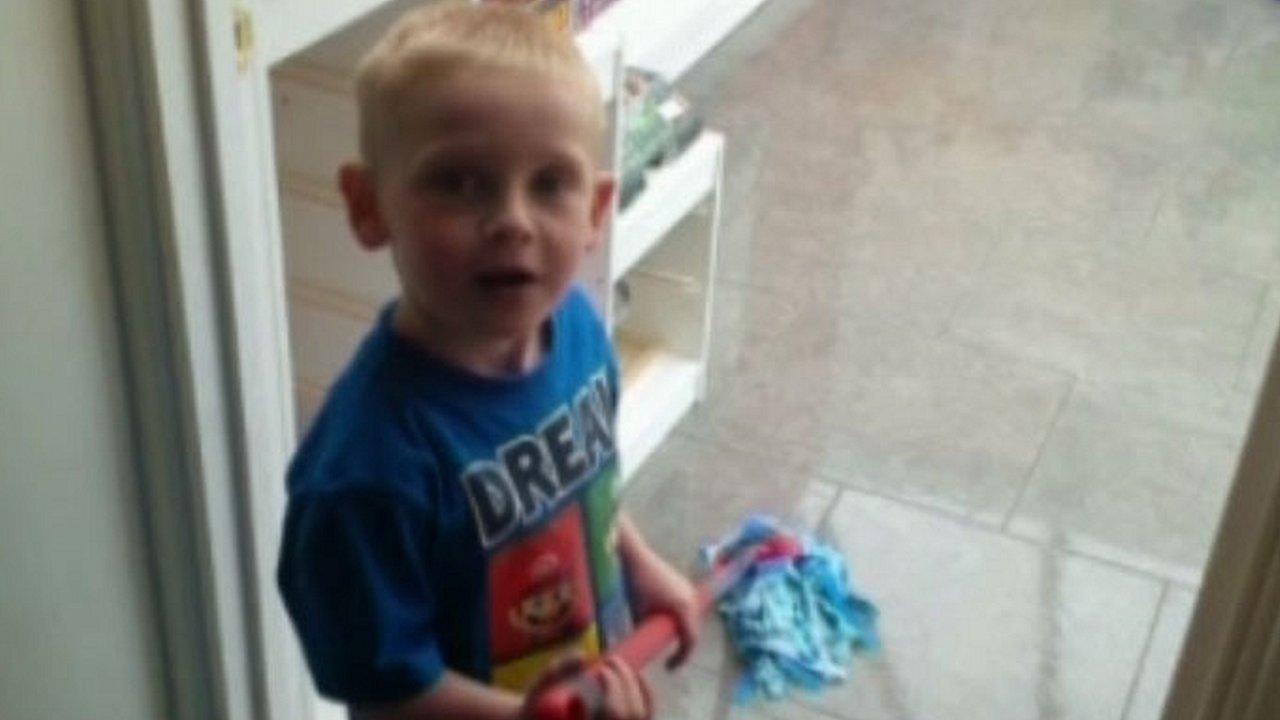
- Published21 November 2013
